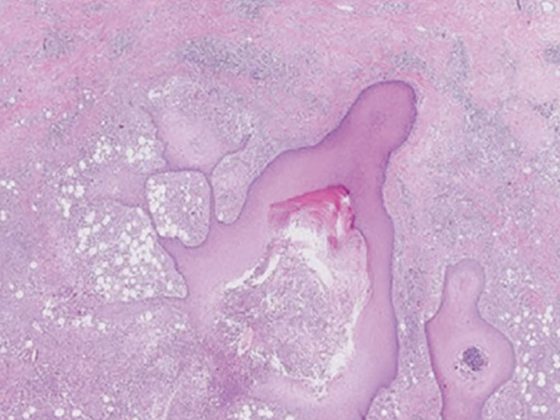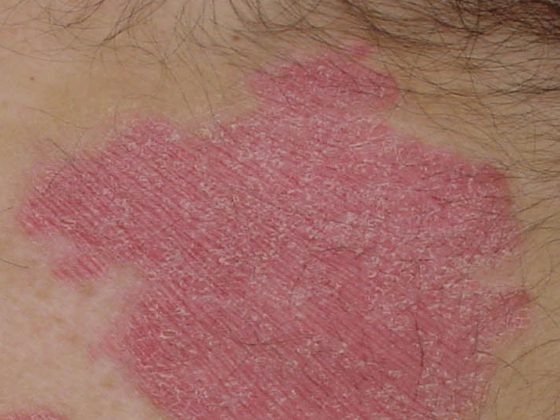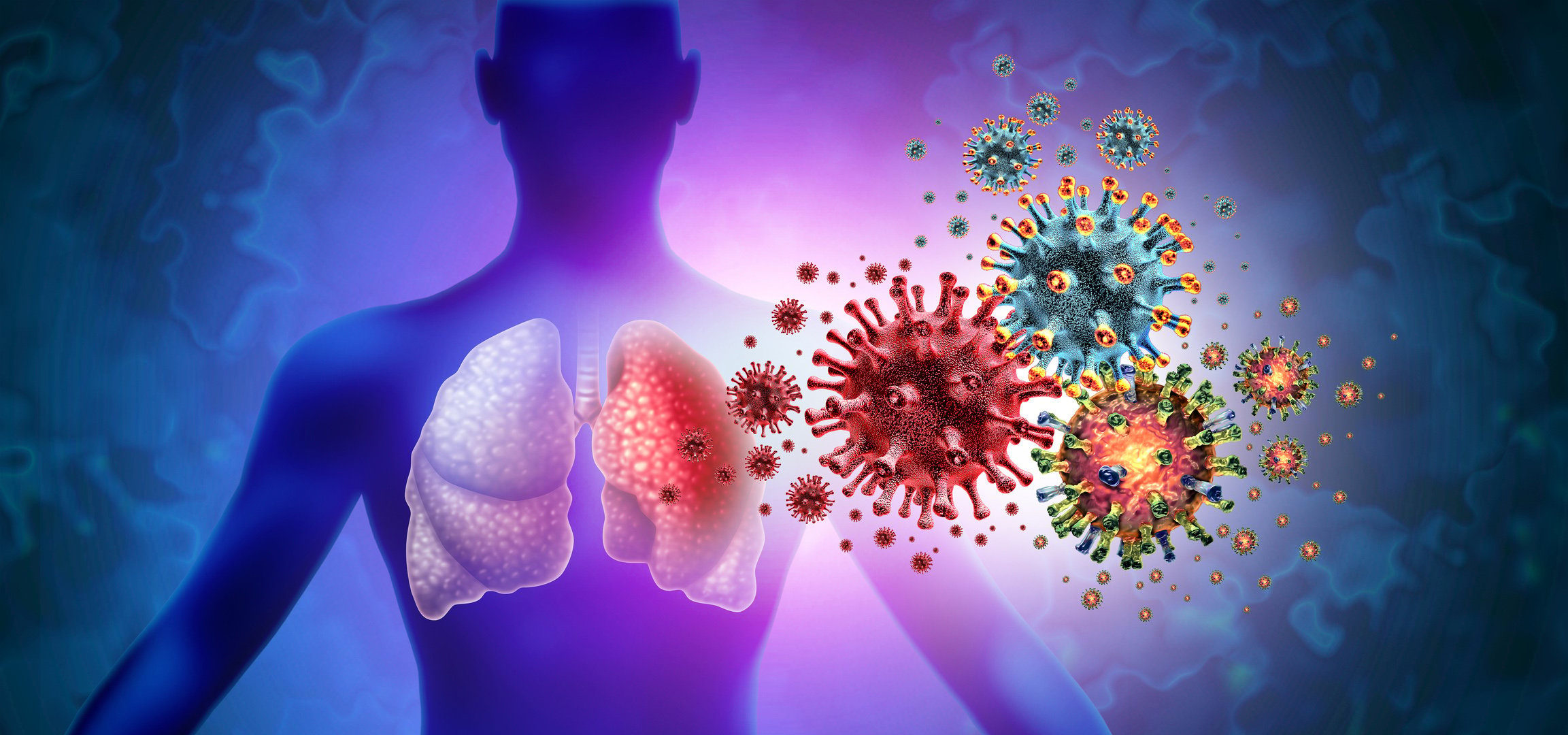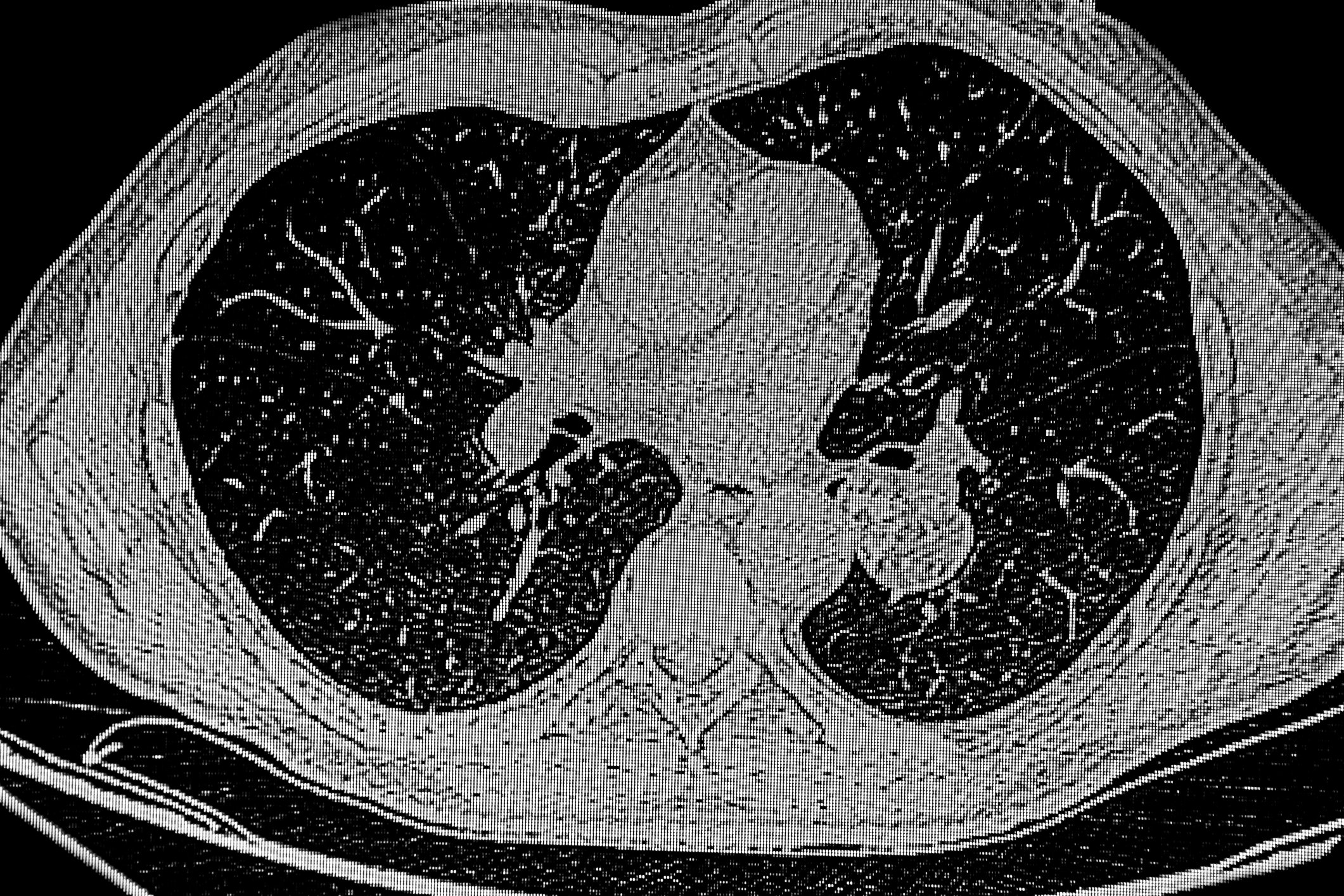Cancer patients are considered a high-risk group in the Corona pandemic. But does this mean that one should now do without certain treatments? Prof. Dr. med. Viola Heinzelmann-Schwarz, Gynecological Tumor Center, University Hospital Basel, explains in an interview what needs to be considered in view of the current situation for patients undergoing maintenance therapy after ovarian cancer.
Professor Heinzelmann, according to the FOPH, female cancer patients are among those at particular risk of a severe course of COVID-19. Within this group, how do you assess the risk for patients with ovarian cancer on maintenance therapy?
In the maintenance therapy of ovarian cancer, substances are used that either inhibit angiogenesis or block the repair of DNA damage. These have little or no immunosuppressive effect, unlike chemotherapy. In addition, in patients undergoing maintenance therapy, measures are usually taken to support the immune system. For example, vitamin C, vitamin D, zinc and selenium, among others, can be administered. Overall, therefore, I see no reason for this group of patients to interrupt this therapy, which is so important for them.
Should maintenance therapies be interrupted or not started at all in times of COVID-19?
Maintenance therapy for ovarian cancer is the most important advance in recent years. It has become an essential part of the overall treatment. Ultimately, it provides a significant advantage in terms of patient prognosis. Therefore, the start of maintenance therapy should not be delayed under any circumstances, nor should interruptions be advised. Since neither angiogenesis inhibitors nor PARP inhibitors have a dangerous immunosuppressive effect, there is no scientific basis for this.
In the framework of the European Network for Gynaecological Oncological Trial groups (ENGOT), we have discussed whether, at best, trials with immunotherapies, for example checkpoint inhibitors, pose a problem in view of the current situation. However, we have also come to the conclusion that there is no scientific basis for this and that treatment with checkpoint inhibitors may even be beneficial for the immune system.

What must be paid special attention to in the context of maintenance therapy?
Fundamentally, the COVID-19 pandemic has not changed the choice of maintenance therapy or regimen. One point to think about is certain side effects of various maintenance therapies. For example, the VEGF inhibitor bevacizumab can induce hypertension, and PARP inhibitors can cause a drop in hemoglobin levels. However, these adverse effects are transient and should not be considered as “underlying disease”, which are, after all, in principle associated with a higher risk of a severe course of COVID-19.
Does COVID-19 symptoms overlap with known side effects of maintenance therapies?
Fever can be caused by COVID-19, but can also indicate febrile neutropenia. However, I personally have never seen febrile neutropenia on maintenance therapy. This would be more typical for a patient undergoing chemotherapy. Cough, another typical sign of COVID-19, is also rather exceptional as an isolated side effect under maintenance therapy.
Are there any changes to the monitoring of patients on maintenance therapy?
In general, special precautions are being taken for cancer patients at the moment. For example, visitors are no longer allowed in our hospital, and systematic checks are carried out on people who come to the Gyn. Tumor Center, systematic checks are carried out. For this purpose, we have set up a sluice where patients are asked about COVID-19 symptoms and checked for fever. If symptoms are present, a smear is first taken and a Sars-CoV-2 test is performed. Only if the test is negative is the patient allowed to leave the sluice. In addition, all gynecological oncology patients and staff receive protective masks. Apart from this, of course, the distance rules apply and consistent hand hygiene is implemented. All these measures ensure that the risk of infection in the hospital is very low and that patients can attend all necessary appointments on site. If possible, control appointments are of course postponed, for example in the case of female patients in regular follow-up care.
What is your advice to your patients at the moment?
Cancer patients should generally be more cautious about COVID-19 than the normal population because, in principle, there is always a risk of recurrence and the immune system is weakened in recurrence. So it’s a matter of keeping your distance and avoiding personal contact – keyword: social distancing. In addition, consistent hand hygiene is very important. Measures to strengthen the immune system are also helpful.
And what is your advice to the treating physicians?
The risk-benefit analysis clearly shows that the benefit from maintenance therapy is much greater than the risk of dying from COVID-19. Maintenance therapy should therefore be carried out normally and should not be interrupted under any circumstances.
The European Society of Gynaecological Oncology publishes regular updates on COVID-19: www.esgo.org/esgo-covid-19-communication
|
Head of gynecological clinic |
The interview reflects the personal and independent opinion of Prof. Dr. med. Viola Heinzelmann-Schwarz. GlaxoSmithKline AG has no influence on the content.
PM-CH-NRP-ADVR-200007-6/2020

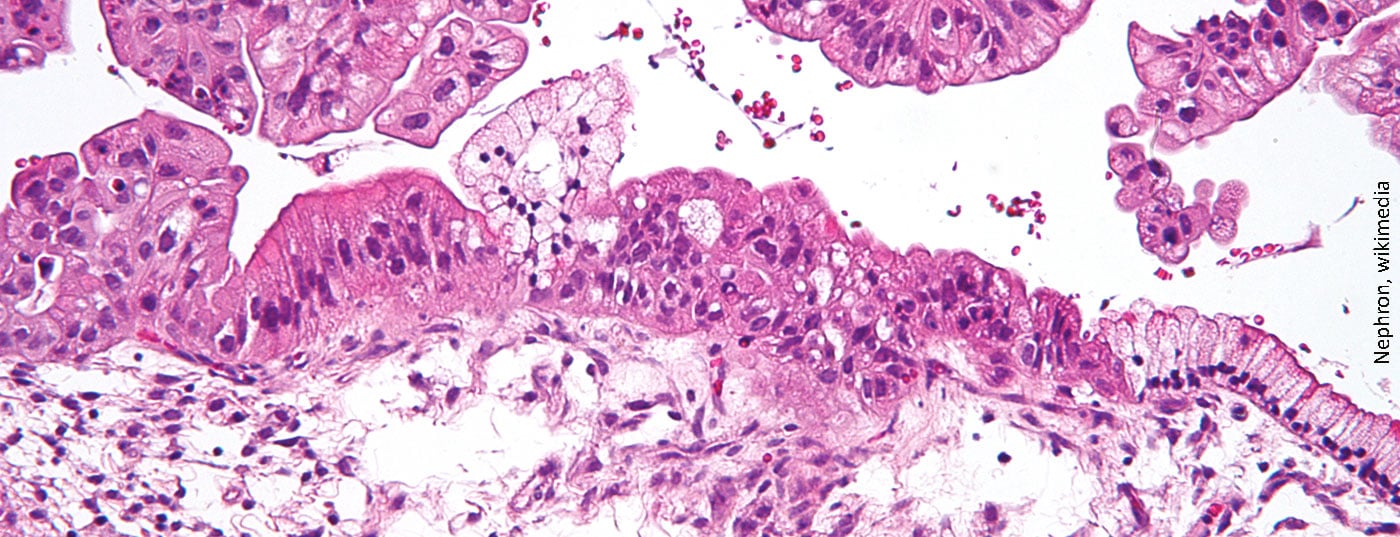
 Prof. Dr. med. Viola Heinzelmann-Schwarz
Prof. Dr. med. Viola Heinzelmann-Schwarz